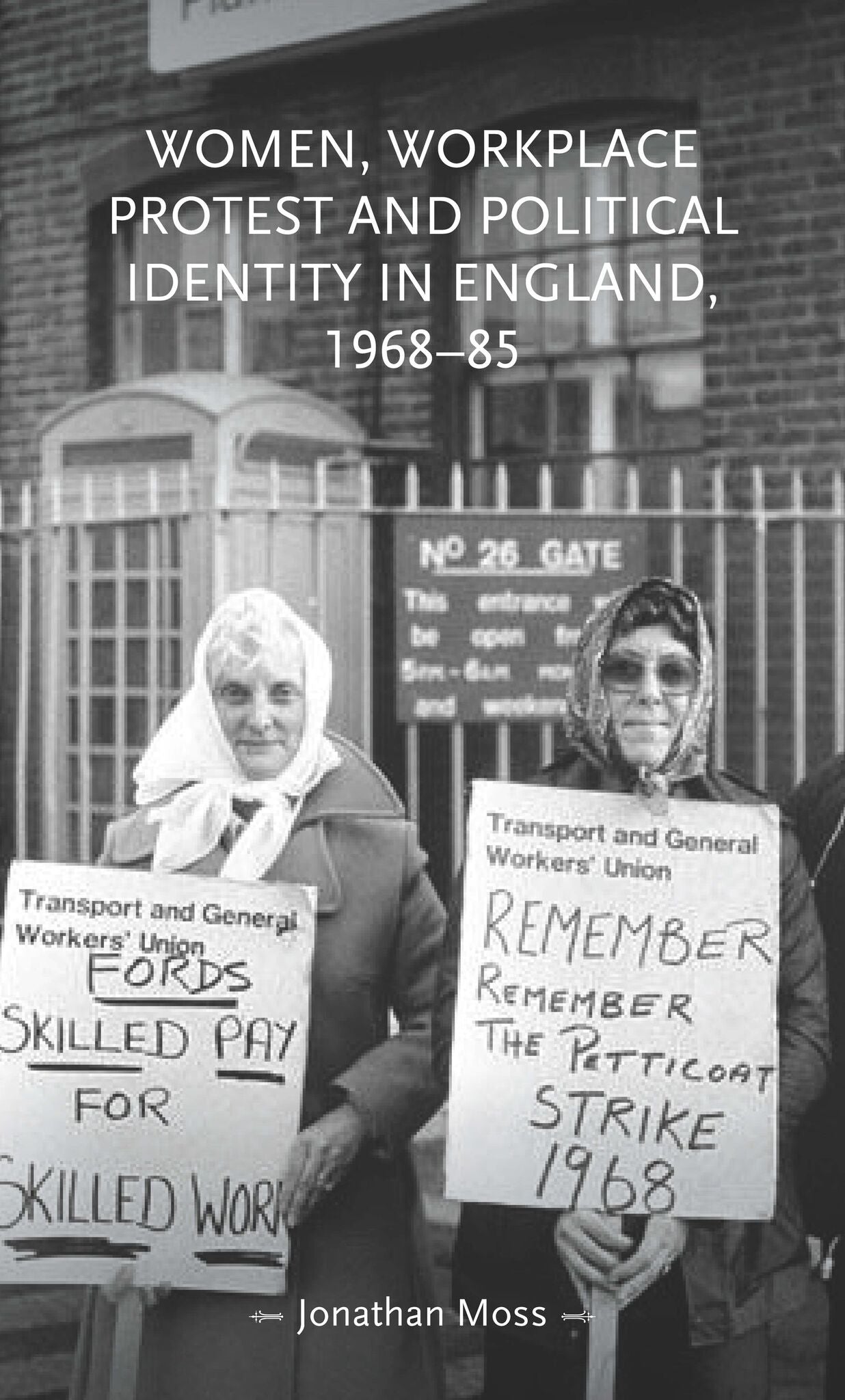Something went wrong
Please try again
Women, workplace protest and political identity in England, 1968–85

Some error occured while loading the Quick View. Please close the Quick View and try reloading the page.
Couldn't load pickup availability
-
Format:
Hardcover
-
Publication Date:
04 April 2019

- DESCRIPTION
- DETAILS
- REVIEWS
- TABLE OF CONTENTS
This book draws upon original research into women’s workplace protest to deliver a new account of working-class women’s political identity and participation in post-war England. Focusing on the voices and experiences of women who fought for equal pay, skill recognition and the right to work between 1968 and 1985, it explores why working-class women engaged in such action when they did, and it analyses the impact of workplace protest on women’s political identity. A combination of oral history and written sources are used to illuminate how everyday experiences of gender and class antagonism shaped working-class women’s political identity and participation. The book contributes a fresh understanding of the relationship between feminism, workplace activism and trade unionism during the years 1968-1985.
This book is relevant to United Nations Sustainable Development Goal 5, Gender equality.

HISTORY / Women, HISTORY / Social History, HISTORY / Europe / Great Britain / 20th Century, Trade unions, Social and cultural history, Gender studies: women and girls, Pressure groups, protest movements and non-violent action

'The easy-to-read volume provides a clear introduction to a field from which even more research can be expected in the future.'
H-Soz-Kult
Introduction
1. Contextualising women’s workplace activism in post-war England
2. The Ford Sewing-Machinists’ Strike, 1968, Dagenham
3. The Trico-Folberth Equal Pay Strike, Brentford, 1976
4. Sexton’s Shoe Factory Occupation and Fakenham Enterprises, Norfolk, 1972–77
5. The Ford Sewing-Machinists’ Strike, Dagenham, 1984–85
Conclusion
Appendix
Bibliography
Index



